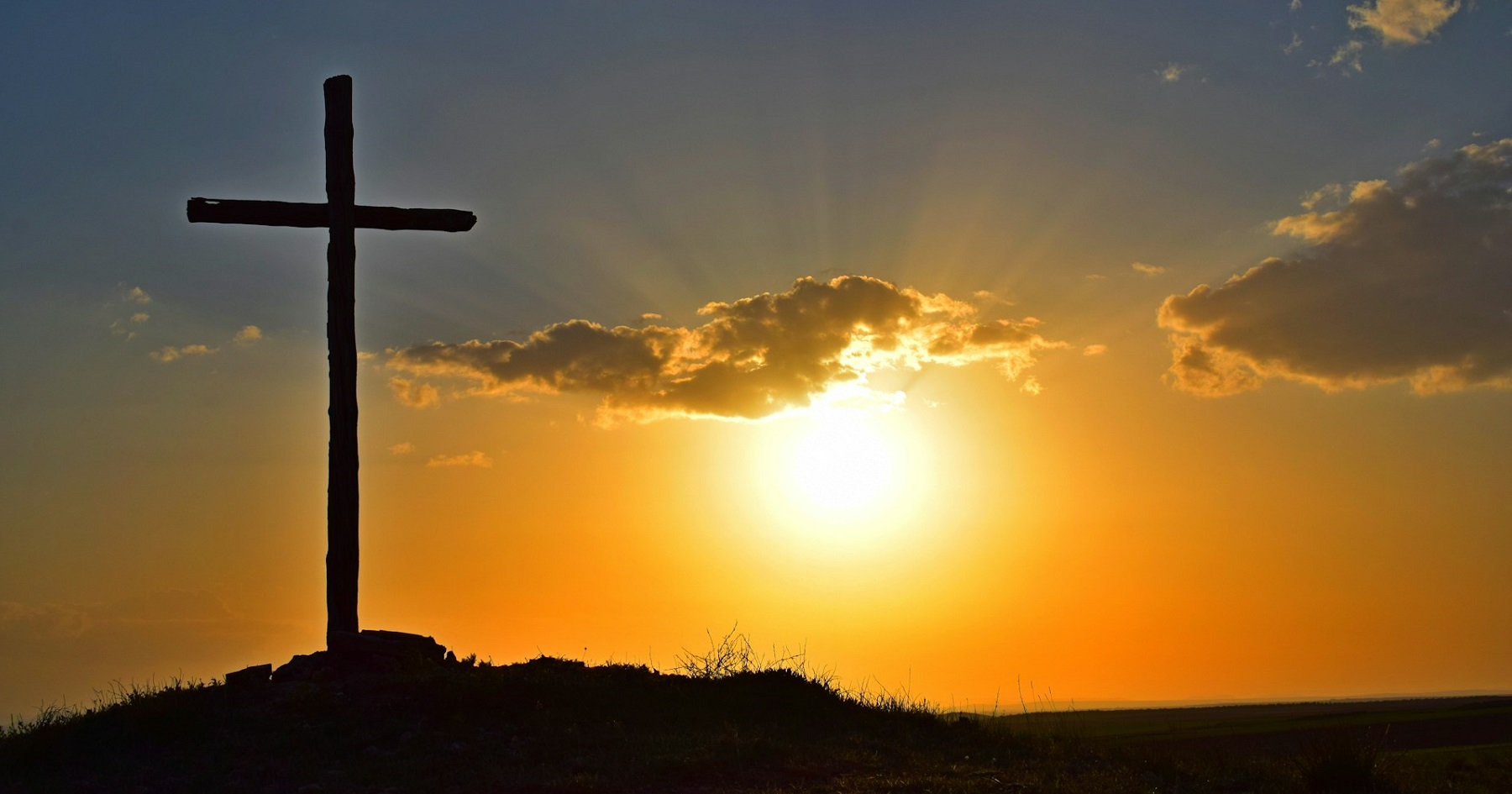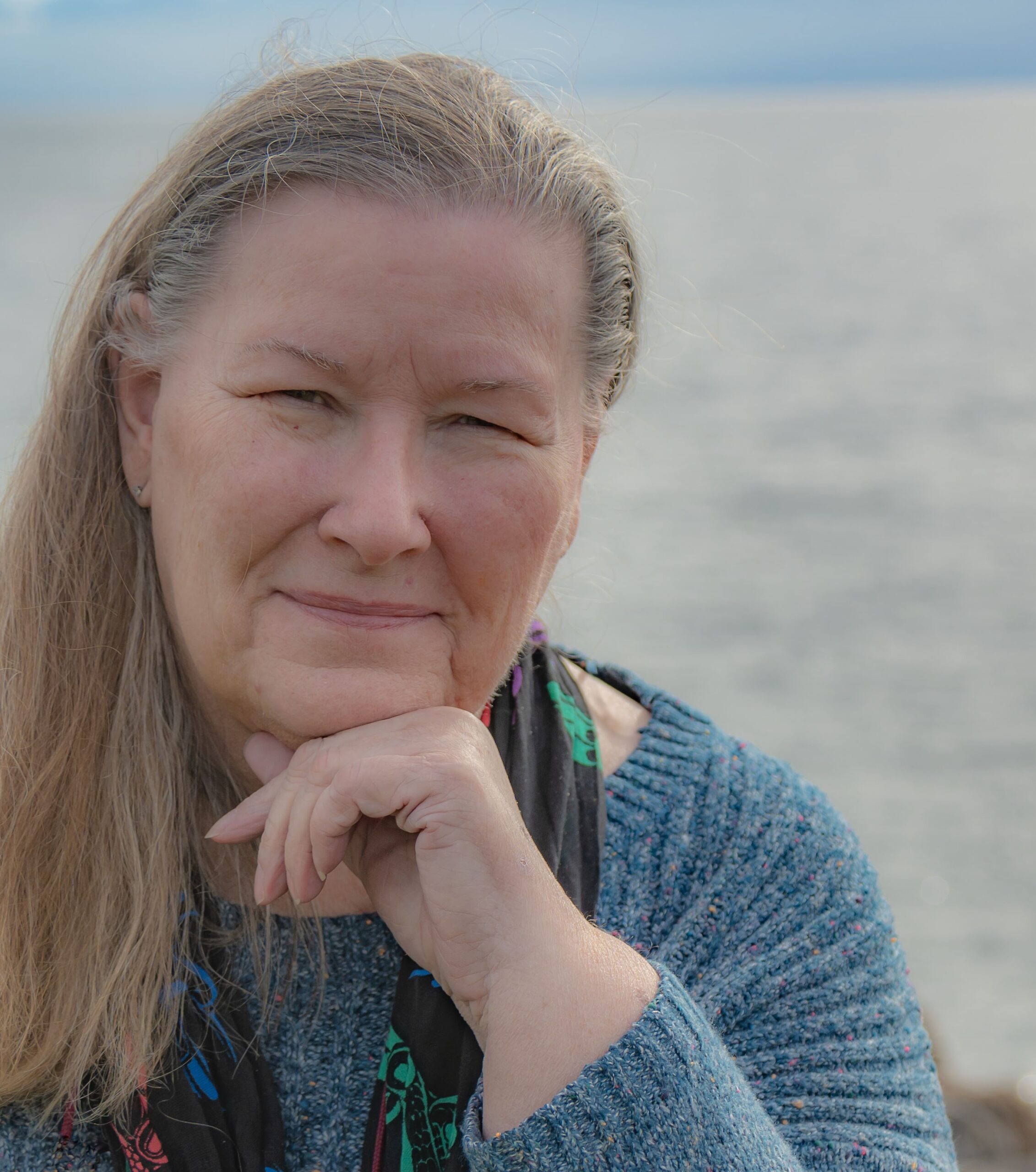Alleluiah! We are now in Eastertide, that glorious 50-day period of celebrating the light of Christ in this world.
Just as Christians have done so to commemorated this time for the last 20 centuries, I have been reflecting on the significance of Good Friday and Easter Sunday. Good Friday is always a challenge for me. It breaks my heart to think how we humans often judge and treat someone who challenges the status quo and power structure, regardless of their message. We fear.
For a few years I participated in walking the stations of the cross, sometimes “carrying” a wooden pole or reading a passage from scripture. It was my way of coming to terms with the deep sadness I feel whenever I think of this time of the Christian year. Some people see this day with happiness because it represents Christ taking on the burden of human sin, no, becoming sin, for our redemption. They are blessed. I just haven’t gotten there yet.
And then, there is the joy of the Easter vigil and Easter Sunday, the day that represents so much for Christians, not only the resurrection and life, but the evidence that God was flesh, that this was the fulfilment of his plan to restore humankind to himself. Wow! We could never do this on our own. So precious is this creation to God, he took this task on himself.
As a certified grief educator, I can’t help but reflect on the Saturday in between: Holy Saturday. I think about the followers of Jesus on that mournful day, that sorrowful Saturday, the day after the brutal ending of Jesus’ physical being and before he first appeared to two who were walking back to their village on Sunday. What must they have been thinking, feeling and talking about?
We aren’t told much about that Saturday in scripture; we do know it was the Sabbath. We presume Jesus’ followers were gathered in one or several homes and that they talked over the events of the day before. Would they have talked about the now dashed hopes for the end of oppression? What did they think about Jesus’ teachings about the kingdom of this world and the kingdom of God now that Jesus was dead? Did they try to recapture all that they had seen and heard while in the company of Jesus? Were they huddled in fear of authorities turning their sights on them? Did they think about returning to their homes, livelihoods, friends and family? Or would they have sat quietly with each other, grieving over the loss of their friend and teacher? It must have been confusing — a high holy day and a devastating, heavy atmosphere.
The gospel of Luke shares an event that occurs the following day. Two followers are walking from Jerusalem to the village of Emmaus, when a man joins them and asks what they are talking about. Amazed that he doesn’t know, they tell him: “The things about Jesus of Nazareth, who was a prophet mighty in deed and word before God and all the people… But we had hoped that he was the one to redeem Israel.” (Luke 24:19-21)
We are beneficiaries of the legacy of those followers who witnessed Jesus’ teachings and works, who witnessed his death, who met together on that sorrowful Saturday, whose doubts were dispelled by the appearance of the Christ, who were forever changed by the Holy Spirit and who went on to spread the good news to anyone who would listen.




